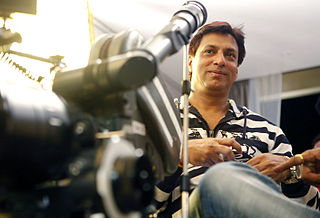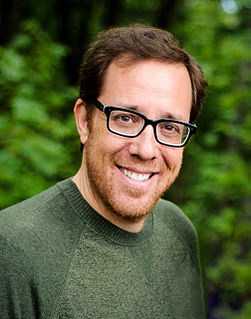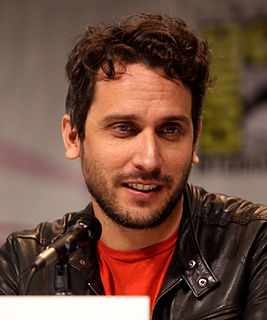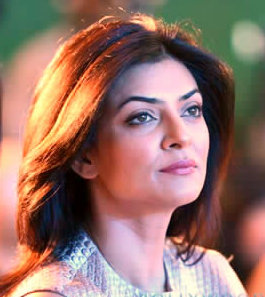A Quote by Bernardo Bertolucci
I accept all interpretations of my films. The only reality is before the camera. Each film I make is kind of a return to poetry for me, or at least an attempt to create a poem.
Related Quotes
That's one of those questions that would just love to have a pat answer. You know, poetry's job is to make us feel good. Poetry exists to allow us to express our innermost feelings. There isn't one role for poetry in society. There are many roles for poetry. I wrote a poem to seduce my wife. I wrote a poem when I asked her to marry me. Poetry got me laid. Poetry got me married.
Um, yeah, it's one of the things that you kind of have to accept at the very beginning, like I'm not going to try and be super [deep?] factor and no, I can only do it this way, because that's just not how this film's going to work. Like it's got to be sort of a mesh of reality and complete unreality and you kind of have to accept that and go with it.
I try to express in my films things that no other art can approach. In my monster films for example, I use special effects in the same way one would use a special film stock, a special camera, and so on. Monster films permit me to use all of these elements at the same time. They are the most visual kind of film.
When we make films - even 2D films - you're always trying to create this illusion of 3D, anyway. You're trying to create a believable world with characters walking, in and out of the perspective, to create the illusion that there's a world. The desire and drive to create this illusion of three-dimensional space is something that is true about every kind of film because you want the audience to really be experiencing it, first hand. It's a natural extension of the storytelling and the process of filmmaking.
You can make a film with a phone and a computer if you want, if you have the time. So it's a world that is saturated with films and all kind of stuff, so it's such a blessing to be able to make a film and people care, and even if they say that it's a bad idea, at least they care and they're talking about it.
I just think that the world of workshops - I've written a poem that is a parody of workshop talk, I've written a poem that is a kind of parody of a garrulous poet at a poetry reading who spends an inordinate amount of time explaining the poem before reading it, I've written a number of satirical poems about other poets.
Poetry is a river; many voices travel in it; poem after poem moves along in the exciting crests and falls of the river waves. None is timeless; each arrives in an historical context; almost everything, in the end, passes. But the desire to make a poem, and the world's willingness to receive it--indeed the world's need of it--these never pass.
Truly fine poetry must be read aloud. A good poem does not allow itself to be read in a low voice or silently. If we can read it silently, it is not a valid poem: a poem demands pronunciation. Poetry always remembers that it was an oral art before it was a written art. It remembers that it was first song.
Two opposing forces inhabit the poem: one of elevation or up-rooting, which pulls the word from the language: the other of gravity, which makes it return. The poem is an original and unique creation, but it is also reading and recitation: participation. The poet creates it; the people, by recitation, re-create it. Poet and reader are two moments of a single reality.





































